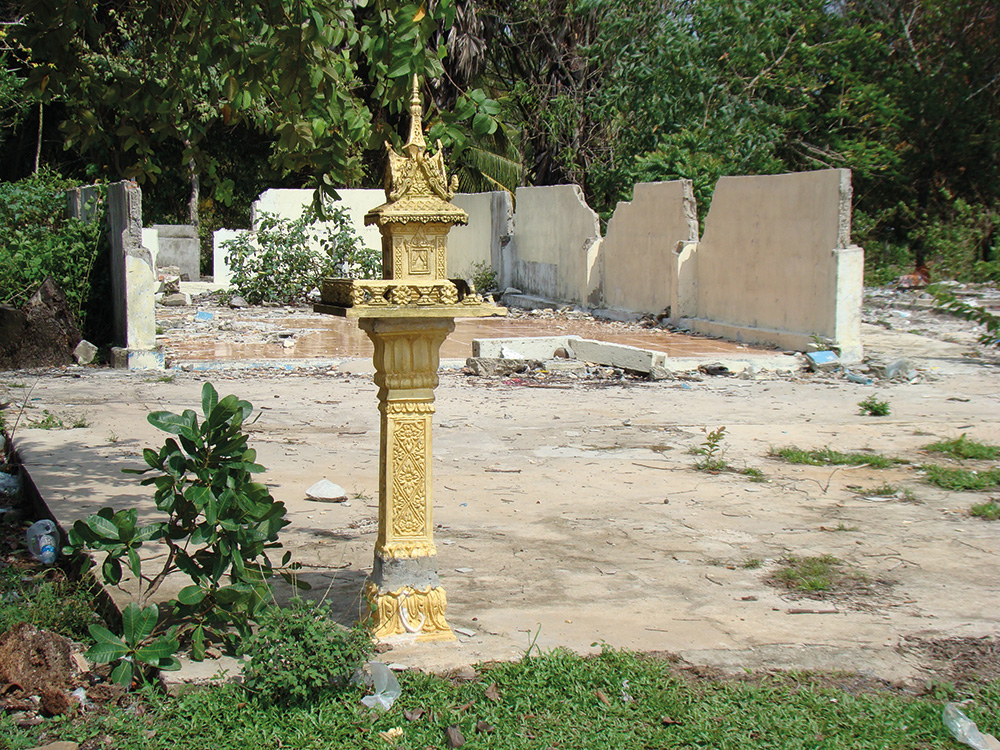Forest Land Allocation in the Context of Forestry Sector Restructuring: Opportunities for Forestry Development and Upland Livelihood Improvement
PUBLISHER'S ABSTRACT: Though Vietnam’s Forest Land Allocation (FLA) policies have been in effect for more than a decade, a systematic assessment of FLA impacts on forest resources and the livelihoods of forest-dependent communities has never been carried out. This report shows that forest land allocated to households tends to be used efficiently in protected areas, whereas land allocated to forest companies generally fails to generate positive outcomes.




